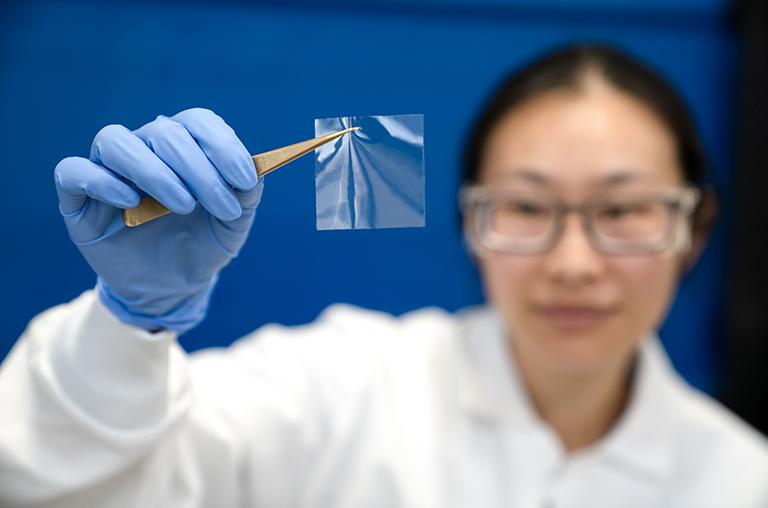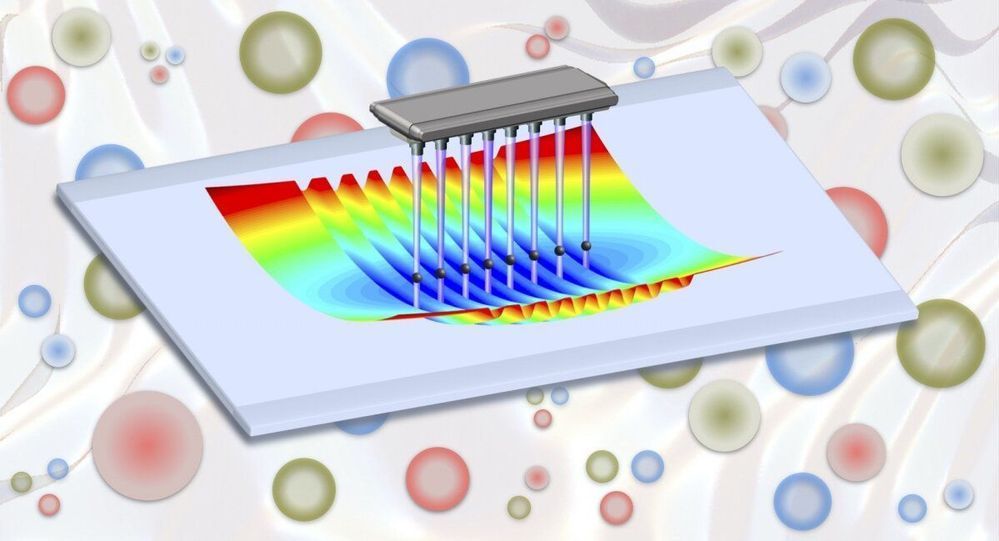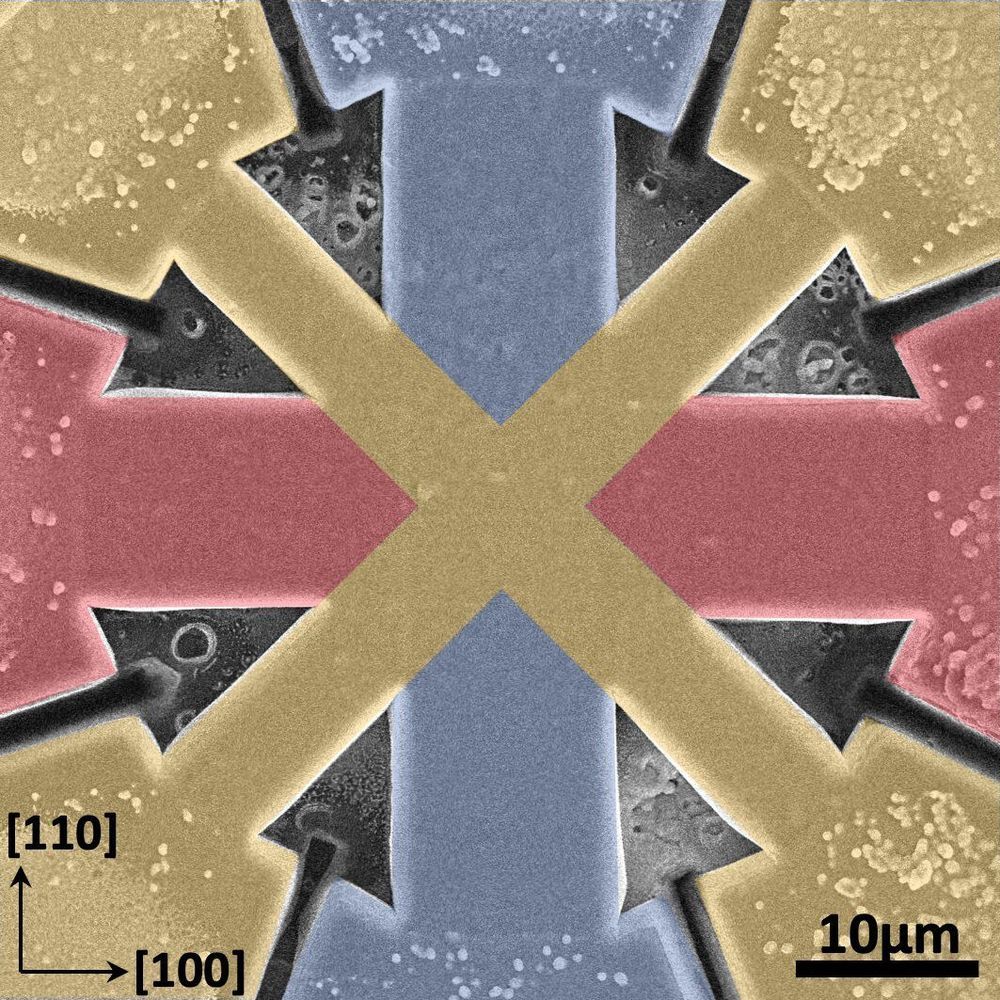Apr 13, 2020
Closing in on ‘holy grail’ of room temperature quantum computing chips
Posted by Genevieve Klien in categories: computing, engineering, nanotechnology, quantum physics
To process information, photons must interact. However, these tiny packets of light want nothing to do with each other, each passing by without altering the other. Now, researchers at Stevens Institute of Technology have coaxed photons into interacting with one another with unprecedented efficiency — a key advance toward realizing long-awaited quantum optics technologies for computing, communication and remote sensing.
The team, led by Yuping Huang, an associate professor of physics and director of the Center for Quantum Science and Engineering, brings us closer to that goal with a nano-scale chip that facilitates photon interactions with much higher efficiency than any previous system. The new method, reported as a memorandum in the Sept. 18 issue of Optica, works at very low energy levels, suggesting that it could be optimized to work at the level of individual photons — the holy grail for room-temperature quantum computing and secure quantum communication.
“We’re pushing the boundaries of physics and optical engineering in order to bring quantum and all-optical signal processing closer to reality,” said Huang.














